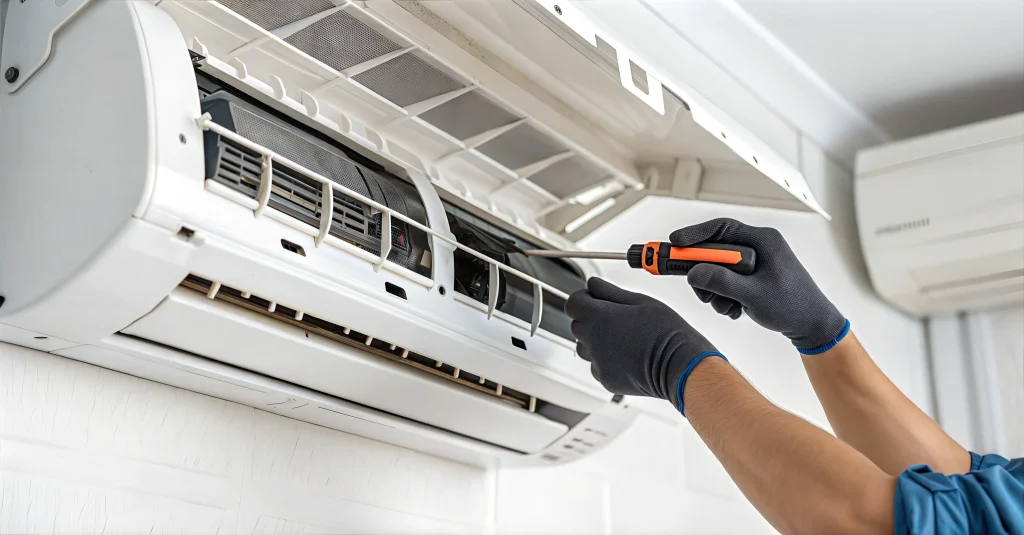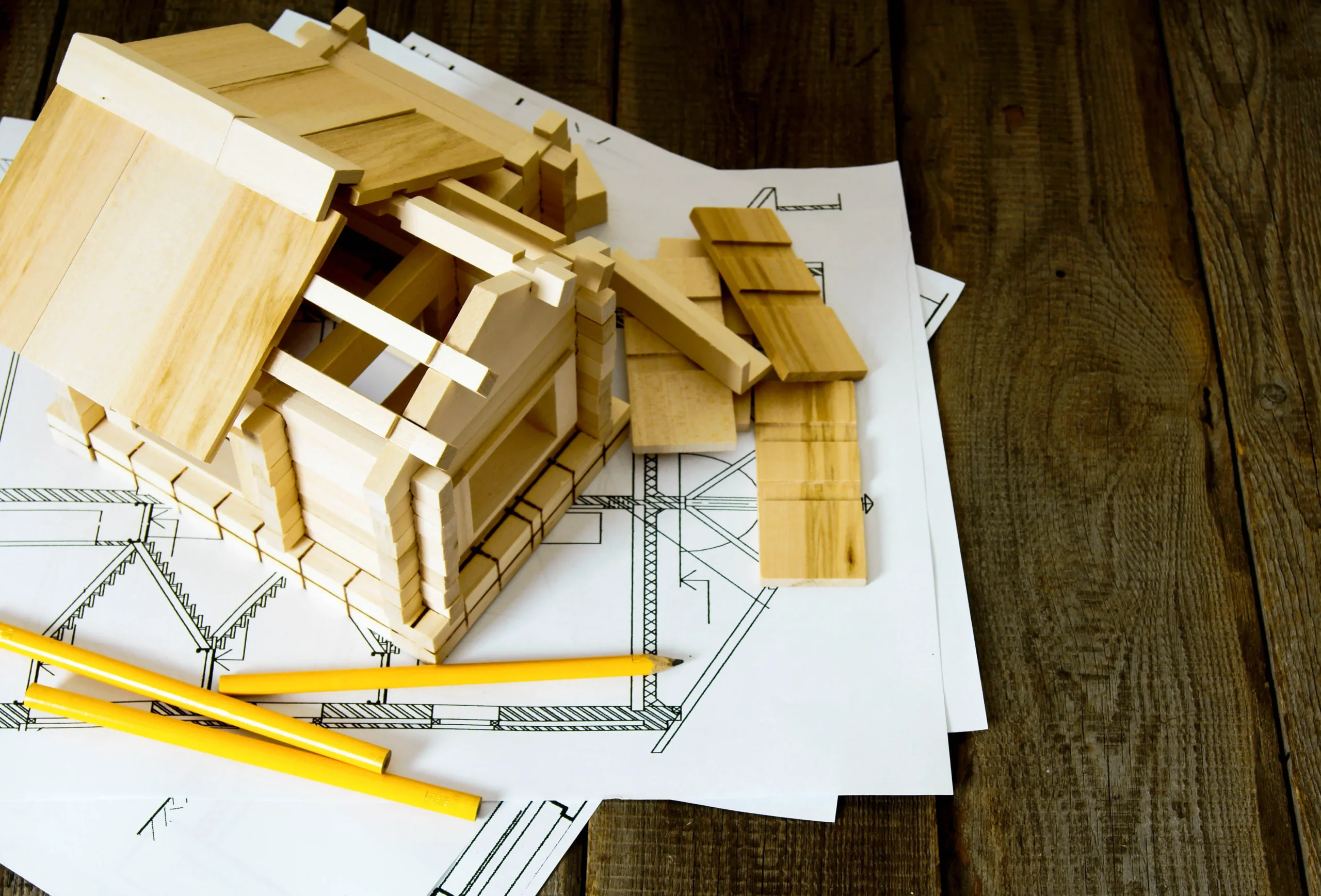Insurance 101
Home / Insurance 101
What Every Florida Homeowner Needs to Know
From hurricanes to potential coverage gaps, learn how to protect your home, your belongings, and your peace of mind.
Home Insurance:
Your First Line of Defense
Think of home insurance as your safety net for life’s unexpected moments. It’s there to protect your biggest investment—your home—and so much more. Home insurance can cover
- Your Home: Repairs for structural damage caused by covered events such as hurricanes, fires, and more.
- Your Stuff: Belongings like furniture, electronics, and clothes.
- Your Liability: Covers medical costs if someone gets hurt on your property.

Insurance or Warranty? Knowing the Difference is Incredibly Important
When it comes to protecting your home, it’s easy to confuse insurance with a warranty. While both provide valuable coverage, they address very different issues:

When it comes to protecting your home, it’s easy to confuse insurance with a warranty. While both provide valuable coverage, they address very different issues:
- Home Insurance: Designed to cover sudden and accidental damage, like a burst pipe, a kitchen fire, or a windstorm. Insurance protects you from major, unexpected events that could cause significant financial loss.
- Home Warranty: Focused on wear and tear. A warranty helps with the repair or replacement of appliances or home systems (like your HVAC or plumbing) when they break down due to normal use.
Key Differences to Remember:
- Coverage Type: Insurance covers unpredictable perils, while warranties handle routine breakdowns.
- Cause of Damage: Insurance applies to unexpected incidents; warranties deal with gradual wear and tear.
- Mandatory vs. Optional: Home insurance is often required by lenders, but warranties are optional.
- Quick Tip: Both have their place! A warranty can complement your insurance policy by covering what your insurance doesn’t, but it’s important to understand where one ends and the other begins.
What’s Covered vs. What’s Not: Understanding Your Coverage
Knowing exactly what your policy covers and what it excludes can help you avoid costly surprises. Typically, a Florida home insurance policy includes:
- Dwelling Coverage: Protects the physical structure of your home against covered perils like fire, windstorms, and hail.
- Other Structures: Covers detached structures such as garages and sheds.
- Personal Property: Safeguards personal belongings like furniture, electronics, and clothing.
- Loss of Use: Provides additional living expenses if a covered event renders your home uninhabitable.
- Personal Liability: Offers protection if you're legally responsible for injury or property damage to others.
- Medical Payments: Covers medical expenses for guests injured on your property, regardless of fault.

However, certain perils are not covered under standard policies:
Flooding
Damage from floods requires a separate flood insurance policy.
Earthquakes
Coverage for earthquake damage is typically excluded.
Maintenance Issues
Damage due to neglect, wear and tear, or lack of maintenance isn't covered.
Sewer Backup
Losses from sewer or drain backups require additional endorsements.
Intentional Acts
Damage resulting from intentional actions isn't covered.
The Price of Protection: What Affects Your Insurance Rate?
The cost of your home insurance isn’t arbitrary—it’s calculated based on several important factors. Here’s a breakdown:
Location
- Proximity to the coast, flood zones, and high-risk hurricane areas can drive up premiums.
- Neighborhood safety and crime rates also play a role.

Home Characteristics
- Age and construction materials of your home impact its resilience to damage.
- Homes built to newer building codes often qualify for lower rates.

Coverage and Deductibles
- Your policy should cover the cost to rebuild your home if it were destroyed by a covered peril.
- A deductible is the amount of money that the insured person must pay before their insurance policy starts paying for covered expenses.
- Opting for a higher deductible can reduce your premium, though you’ll need to be prepared to cover that cost in the event of a covered loss.

Personal Factors
- Discounts may be available for retirees, bundled policies, safety features like storm shutters, or more. Check with your agent to ensure you’re receiving all the discounts you’re eligible for.

Policy Add-Ons
- Adding flood insurance or water backup protection increases costs, but offers additional security.

See How You Can Save
Think You Know Insurance? Debunking Florida’s Biggest Myths
Myth
Flood insurance is included in my standard policy.
Truth
Flood damage is not covered under standard policies. You’ll need separate flood insurance, which is especially important in Florida, where flooding can happen anywhere—not just in flood zones.
Myth
Hurricane coverage automatically protects my home from all damage caused by a hurricane.
Truth
While most policies cover wind damage, flooding and storm surge is excluded, unless you have a flood policy. Hurricane deductibles may also apply and those are often 2% of the amount for which you insure your home.
Myth
If I haven’t filed a claim, I’m guaranteed a low premium.
Truth
Premiums are based on multiple factors beyond claims history, including location, home age, and even market trends that affect all insurers in the region.
Myth
Renovations and home upgrades are automatically covered by my current policy.
Truth
When you make major renovations to your home, it can affect the rebuilding cost. Notify your carrier to ensure your policy reflects these changes.
Myth
Insurance agents always find the cheapest option for me.
Truth
Agents help you find the best coverage for your needs. Visit our Value vs. Price page to learn more about the importance of choosing a carrier based on financial stability and not just the price tag.
Myth
My home insurance policy includes the cost of repairing/rebuilding my home to current local and state building codes.
Truth
A standard insurance policy restores your home to how it was originally constructed. If codes or laws have changed since then, you will have to pay the extra costs to bring the structure up to current standards unless you have purchased ordinance or law coverage.
Other Factors That Shape Your Home Insurance
Living in paradise means mean homeowners need tailored coverage that addresses the state’s specific challenges:
Wind Mitigation Discounts
- Features like impact-resistant windows, roof tie-downs, and storm shutters can lower your premium.
- A certified wind mitigation inspection can help you qualify for these savings.
Hurricane Deductibles
- Named storms trigger separate deductibles in Florida, and are usually calculated as a percentage of your home’s insured value. It’s essential to know how this affects your out-of-pocket costs during hurricane season.
Flood Risks Beyond FEMA Zones
- Flooding isn’t just a coastal problem. Even homes outside designated flood zones are at risk, making separate flood insurance a smart investment.
Roof Condition
- Your roof is one of the most important barriers of your home and requires regular maintenance.
Reinsurance and Your Premium
- Reinsurance is insurance for insurance companies, helping them manage risk by spreading potential losses across multiple parties. The cost of reinsurance impacts your home insurance premium, as higher reinsurance expenses can lead to higher rates for policyholders.
Ready to Put Your Florida Insurance IQ to Work?
Understanding your insurance now could save you lots of dollars down the line. Whether you’re new to Florida or just looking to boost your home insurance knowledge, we’re here to help.
